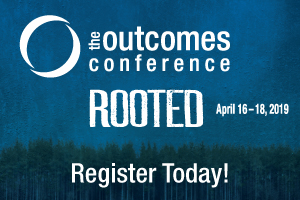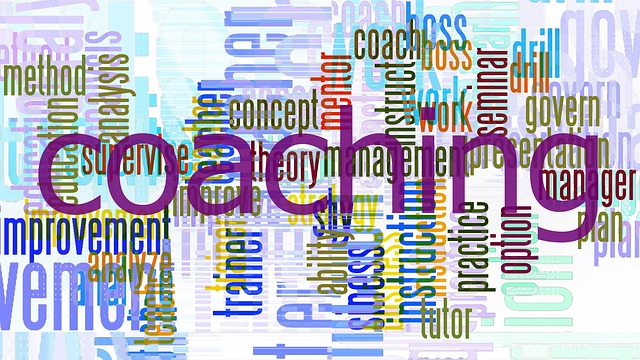
Effective Coaching By Heather Mausz
Tips for Effective Coaching
As more organizations move away from standard performance reviews in favor of coaching programs that focus on the reward of career growth, many leaders find they need guidance on how to make a coaching program successful.
Success relies on both coaches and those being coached keeping a few key things in mind.
Setting Guidelines
If your organization has adopted a coaching program or is considering one, start by carefully and thoughtfully setting guidelines on who will coach whom at your organization.
Do you want supervisors to coach their direct reports? Or do you believe it’s more beneficial for someone less focused on performance to coach an employee? Many organizations find it beneficial for employees to be coached by someone other than their manager so sessions can focus more on where the employee would like to go with their career (and how to get there) than on department goals and metrics.
Once you’ve set guidelines, provide employees and their coaches with the following tips.
Tips for Employees Being Coached
With the performance review process, employees may feel like reviews are the only gauge of their worth at an organization. In contrast, a coaching program allows employees to feel valuable because they can see that their future matters not just to themselves but to the organization, too. This requires a change in mindset.
If you are an employee being coached, you should:
- Take ownership of the process. Before your coaching session, spend some time considering where you want the conversation to go. Self-reflection before a coaching session is essential.
- Consider preparing some notes outlining what you want to cover during the session and what you need from your coach.
- Expect to do as much as 70% of the talking during a coaching session.
Tips for Coaches
If you’re in the coaching role, keep these five key concepts in mind to have optimal impact:
- Determine what kind of coach you want to be. Think back to impactful leaders in your past who inspired you. Reflect on methods they used that helped you succeed.
- Be a coach, not a mentor. In sports, coaches help their players succeed on the field but not necessarily off it. Much like that scenario, your coaching experience is less personal in nature; it’s laser-focused on helping the employee achieve his or her goals. You are there to listen to their goals and help them identify ways to achieve them so your entire organization can succeed.
- Talk less, listen more. Your goal shouldn’t be to reminisce about the old days and dispense advice based on your own history. Instead, coaches should listen as much as 70% of sessions and only talk 30%. One of the best things that can come out of a coaching session is an employee realizing where his or her passions lie, then asking for guidance on how to achieve those goals.
- Be personal and affirming. One thing most people have in common is that they want to feel valued and heard. Listen and affirm that you’ve heard. Address the specific needs, concerns, and goals the person you’re coaching brings to you. When they request your assistance, confirm that you’ve heard the request and provide an action plan for what you can do to help.
- Move away from the temptation to address performance issues. You may find this especially difficult if you’re the employee’s manager, but a coaching session is not the place to address performance issues. Save this for another time and focus coaching sessions on forward career momentum. Strive to keep the experience positive and motivating.
As your organization explains the concept of a coaching program to employees, remind those being coached that they are in charge of this process and will only get from the program what they’re willing to put into it. Providing the tips above will help those being coached and their coaches make the most of the time. And that will help assure that your employees and your organization both reap the benefits of this forward-thinking approach to talent management.
####
Heather Mausz is Vice President of Talent Management at CapinCrouse, a national full-service CPA and consulting firm devoted to serving nonprofit organizations. Heather has over 18 years of experience in the fields of recruiting, talent development and coaching and provides a range of talent management consulting services.
 Early Registration for the Outcomes Conference 2019 is effective now through January 31 2019. Be a good steward and sign up early. All Alliance members can take advantage of this savings PLUS the benefit of registering four at one time and earning a fifth registration FREE.
Early Registration for the Outcomes Conference 2019 is effective now through January 31 2019. Be a good steward and sign up early. All Alliance members can take advantage of this savings PLUS the benefit of registering four at one time and earning a fifth registration FREE.
So what are you waiting for? Join Christ-centered leaders for the equipping event of the year! We hope to see you there.
www.OutcomesConference.org

What is Christian Leadership Alliance?
Christian Leadership Alliance equips and unites leaders to transform the world for Christ. We are the leaders of Christ-centered organizations who are dedicated to faithful stewardship for greater kingdom impact.
Sign up for FREE blog updates.
Upcoming Events
Check back later!



